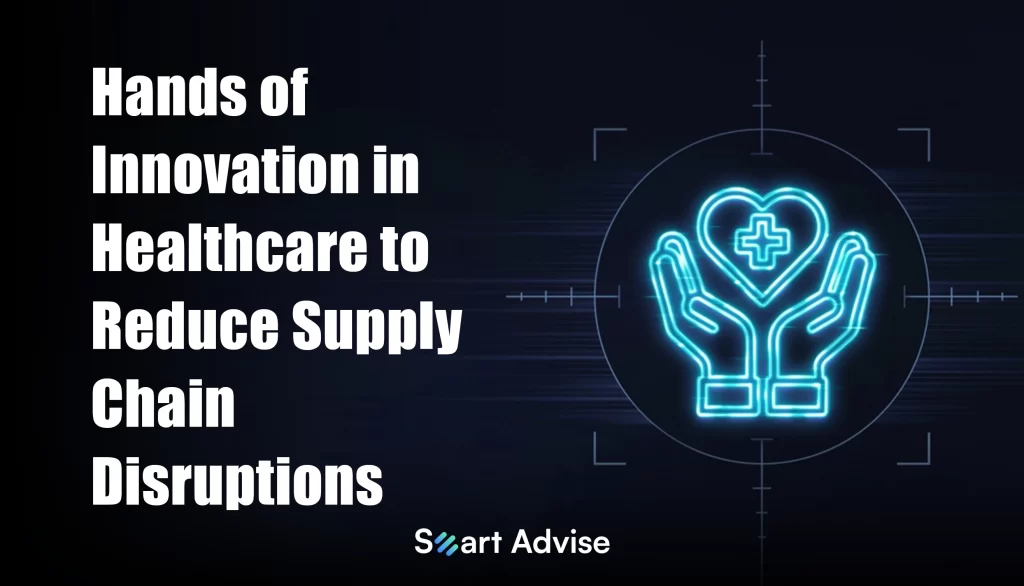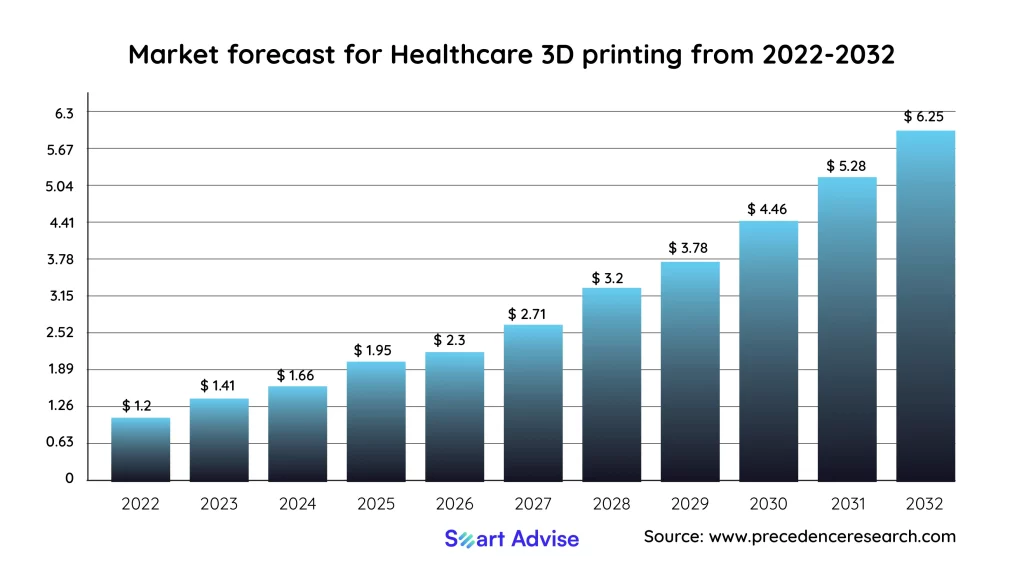
Alarming pandemic brought many changes to healthcare industry, it shifted its whole operation system, and the healthcare supply chain was first to feel its heat
Supply chain interruptions are nothing new in the healthcare business. For years, hospitals, pharmaceutical companies, and medical device manufacturers have grappled with challenges ranging from shortages of essential medications to delays in the delivery of critical equipment. However, the COVID-19 pandemic magnified these problems to an unprecedented scale, exposing vulnerabilities in the healthcare supply chain like never before.
The Pre-Pandemic State of Healthcare Supply Chains
Before discussing the impact of COVID-19, one should understand what the state of healthcare supply chains before the pandemic hit was.
1. Chronic Shortages
Even prior to COVID-19, the healthcare industry was plagued by chronic shortages of essential drugs and medical supplies. A report by the National Library of Medicine found that more than 90% of hospitals reported shortages of at least one drug in 2019.
2. Fragmented Supply Chain
The healthcare supply chain is notoriously fragmented, with numerous intermediaries, distributors, and manufacturers involved in the process. This complexity makes it challenging to track and manage inventory effectively.
3. Lack of Resilience
Many supply chains in healthcare were optimized for cost-efficiency rather than resilience. This left them ill-prepared to handle unexpected disruptions, such as natural disasters or pandemics.
The Impact of COVID-19
The emergence of COVID-19 in late 2019 brought these supply chain issues to the forefront. The pandemic’s impact on healthcare supply chains was profound, leading to a range of challenges.
1. PPE Shortages
One of the most glaring issues during the early days of the pandemic was the shortage of personal protective equipment (PPE). According to NIH 46.5% of institutions lacked personnel and/or PPE.
2. Medication Shortages and Supply Chain Disruptions
The pandemic also exacerbated existing drug shortages. Lockdowns, travel restrictions, and factory closures disrupted global supply chains, making it difficult for healthcare organizations to secure vital supplies.
Innovation as a Solution
In response to these challenges, the healthcare industry began to prioritize innovation to increase the resilience and efficiency of supply chains.
1. Predictive Analytics
Leading healthcare organizations have started implementing predictive analytics to forecast demand and identify potential disruptions. These systems analyze historical data, market trends, and external factors to provide early warning signals.
A report by Grand View Research states that, from 2023 to 2030, the worldwide market for healthcare analytics is anticipated to expand at a CAGR of 24.4% from its 2022 valuation of USD 11.7 billion.
2. Blockchain Technology
Supply networks may now be made more transparent and safer thanks to blockchain technology. It enables real-time tracking of products from manufacturer to end-user, reducing the risk of counterfeit drugs and ensuring the integrity of the supply chain.
3. Telehealth and Remote Monitoring
Telehealth and remote monitoring technologies reduce the need for in-person consultations and hospital visits, helping to alleviate pressure on the supply chain. This innovation gained significant traction during the pandemic and is here to stay.
According to McKinsey, telehealth utilization in the United States surged from 11% in 2019 to 46% in 2020.
4. 3D Printing
3D printing has emerged as a time efficient innovation in the healthcare supply chain. It allows for the rapid production of medical devices and components, reducing lead times and costs.
A report by Precedence Research says, with a projected CAGR of 18% between 2023 and 2032, the global 3D printing in healthcare market is likely to expand from a value of USD 1.2 billion in 2022 to USD 6.25 billion by 2032.

The Role of Data in Innovation
Data plays a pivotal role in driving innovation in healthcare supply chains. Advanced analytics and AI-powered tools are increasingly being used to make data-driven decisions, optimize inventory management, and improve supply chain visibility.
As organizations use data, they gain the ability to respond swiftly to disruptions, reduce costs, and maximize the overall efficiency of healthcare delivery. Furthermore, data-driven insights allow healthcare providers to align their resources more effectively, ensuring that critical supplies reach the right place at the right time.
COVID-19’s Impact on Innovation
While COVID-19 initially strained healthcare supply chains, it also accelerated the adoption of innovative solutions. The urgency of the pandemic forced organizations to accept the change at a very fast pace.
1. mRNA Vaccine Technology
The development of mRNA vaccines, such as those from Pfizer-BioNTech and Moderna, showcased the power of innovation. These vaccines were developed and produced in record time, demonstrating the potential for rapid advancements in healthcare.
2. AI-Driven Research
AI played a crucial role in identifying potential drug candidates and predicting disease spread. For example, AI algorithms were used to screen existing drugs for potential COVID-19 treatments. Read more here.
3. Supply Chain Visibility
Failures in the supply chain became immediately apparent as the pandemic grew and spread around the world. A significant number of healthcare businesses have made investments in digital systems that offer visibility into their supply chains from beginning to end.
In Closing Remarks
The COVID-19 pandemic exposed the vulnerabilities in healthcare supply chains but also accelerated innovation in the industry. Predictive analytics, blockchain technology, telehealth, 3D printing, and data-driven decision-making have become crucial tools in reducing supply chain disruptions.
All these events and the aftermath resulted in good for healthcare overall, as governments and industry leaders decided to move forward with advanced tech force, and to keep your business up with industry change and adequate data, connect with us now!